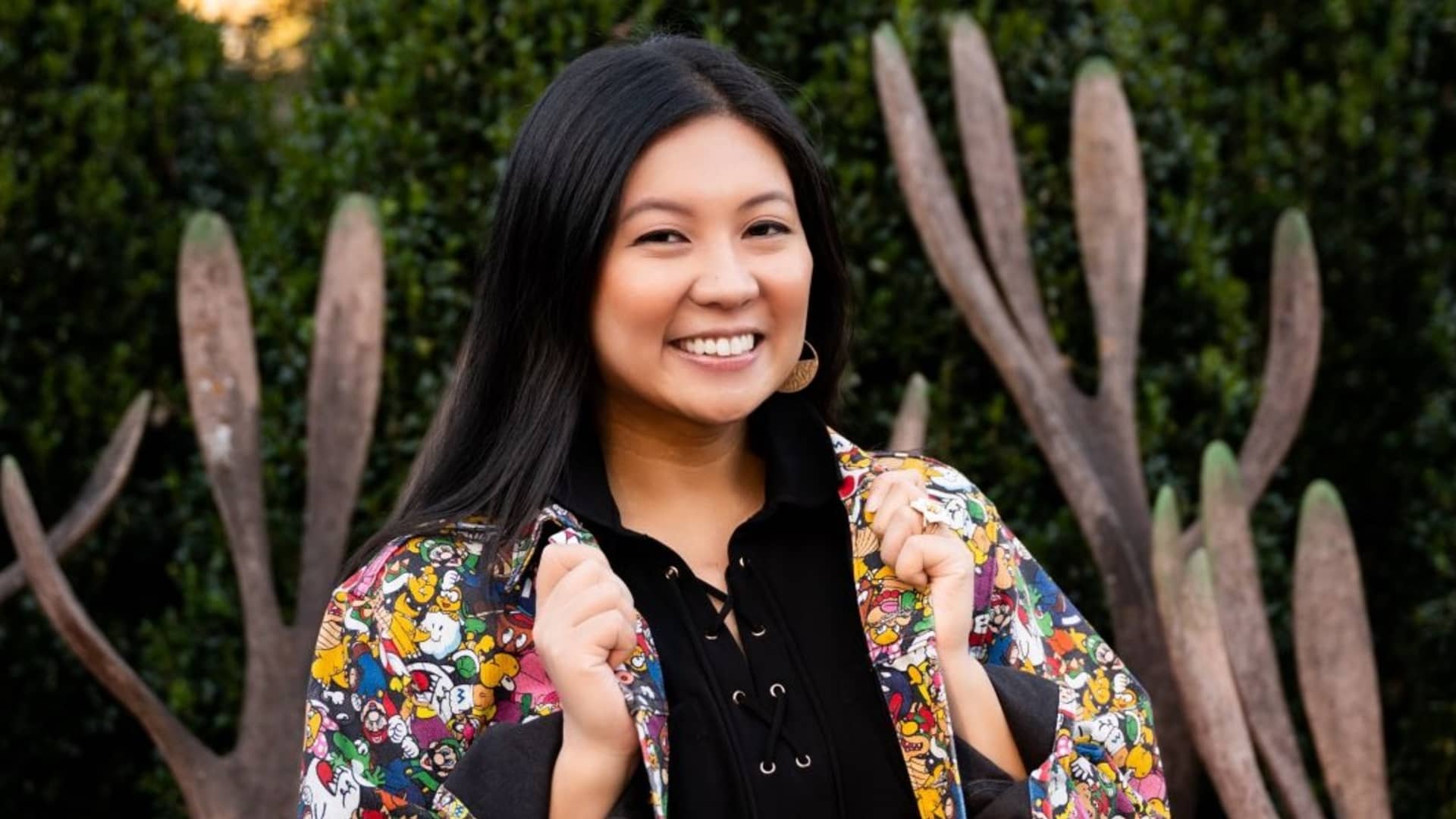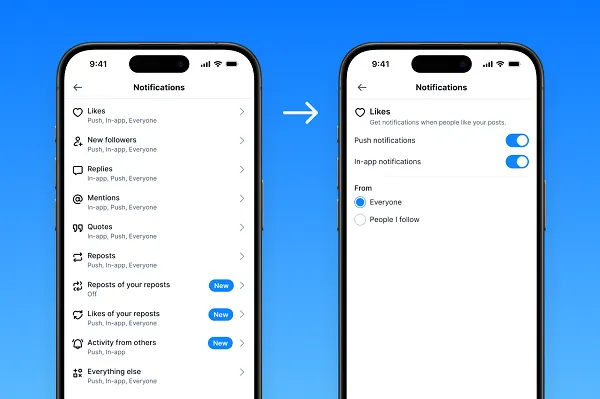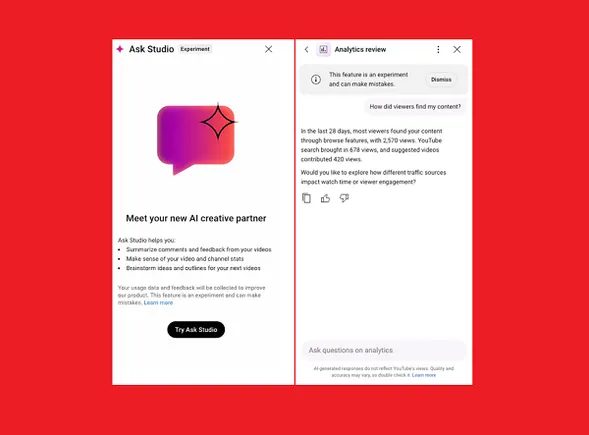39-year-old left full-time job to grow her side hustle—now she makes $279,000 a year without working 'all the time'
Bernadette Joy started her money coaching business as a side gig, before realizing she could use it to increase her income while spending less time working.

Bernadette Joy started her money coaching side hustle because she wanted to work fewer hours per week — not more.
In 2019, Joy was running a Charlotte, North Carolina-based business called Dressed, rented out bridesmaid dresses. As her company grew, so did her financial and time commitments to it. She initially loved running her own business, but the experience stopped being fulfilling, she says.
So, she closed up shop and set about turning her recently recorded podcast — about how she and her husband were paying off their $300,000 debt from student loans and two mortgages — into a money-coaching business called Crush Your Money Goals. Her expertise came from her own personal experience, plus psychology and business degrees from Boston University and an MBA from the University of North Carolina at Chapel Hill.
DON'T MISS: The ultimate guide to earning passive income online
The business, which officially launched in 2020, quickly became lucrative: Joy made $279,000 last year, according to documents reviewed by CNBC Make It.
The type of schedule that comes with this particular job is more flexible, too. Joy works 20 hours per week from Mondays through Wednesdays, leaving her enough free time to sleep, travel and take hip-hop dance classes. It's a situation she's wanted since childhood, she says.
"I'm incredibly lazy ... I don't want to work all the time," Joy, 39, said during a recent CNBC Make It panel at SXSW. "I always try to find the path of least resistance."
A 'hyper-efficient' way of working
Joy's desire to have time for work, play and rest forces her to be "hyper-efficient," she says.
"I work 20 hours a week, but it's a very intense 20 hours a week," Joy tells Make It. "I know how to work very intensely, then just be vegetative. There's no in-between for me."
She avoids multi-tasking as much as possible, she says. Instead of working with a client for 45 minutes each week, she'll meet with them for one an and 45 minutes every other week to save energy, she says.
"Having to switch my brain between seven different businesses [that I consult] ... I was getting mentally fatigued," says Joy.
She used to think her mindset was a problem. She wasn't a slacker: Joy intentionally practiced just enough to start on her high school volleyball team, for example. She majored in psychology and business so she could "get the most bang for my buck with the least amount of effort," says Joy.
While working toward her MBA, Joy watched her classmates try to out-hustle each other. One bragged about making it to a board meeting shortly after being hospitalized, she says. She heard a rumor that another took her final exam while in labor.
But upon graduating, Joy earned the same degree as the rest of her class. Her takeaway: You don't need to look busy or be overly booked to succeed. Her less-is-more mindset is embedded into the curriculum of her coaching program, where she says she wants to change the way people think about both money and time.
A less-is-more movement
Joy isn't the only American who's thinking about working fewer hours per week.
Last year, Phoenix-based sports performance company Exos started allowing its 3,000-plus employees to take "strategic recovery" days on Fridays, to rest or catch up on individual tasks, according to the company's report. Employees reported feeling 91% more productive with fewer working hours after the trial's first six months.
Sen. Bernie Sanders, I-Vt., introduced legislation last month to Congress that would cut the country's standard work week to 32 hours without a pay cut. The bill has received pushback from some Republican senators, who said they're concerned such a mandate would hurt small businesses and retail stores that are typically open at least six days per week.
Still, even billionaire Mark Cuban's career in entrepreneurship started — and continued — as a way to control his own time, not necessarily to become rich, he told GQ in 2022.
"I never, ever thought in terms of money," said Cuban. "I always thought in terms of time. That's always been my driving motivation: How can I control my own destiny? How can I control my own time?"
Want to make extra money outside of your day job? Sign up for CNBC's new online course How to Earn Passive Income Online to learn about common passive income streams, tips to get started and real-life success stories. Register today and save 50% with discount code EARLYBIRD.
Plus, sign up for CNBC Make It's newsletter to get tips and tricks for success at work, with money and in life.


 AbJimroe
AbJimroe 































